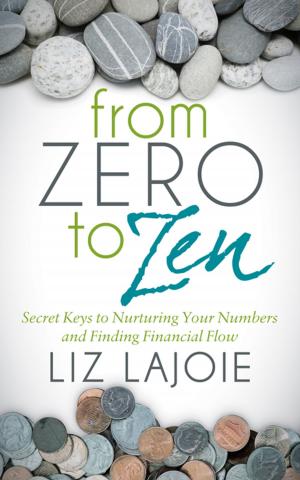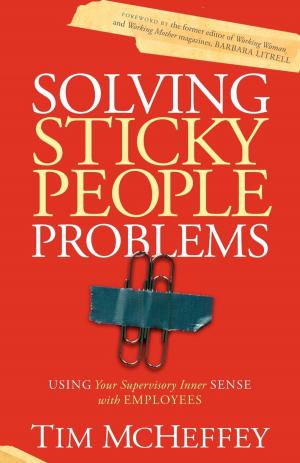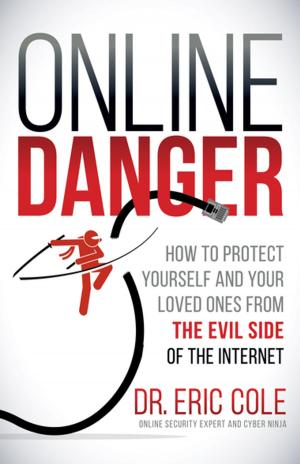Boys Don't Tell
Ending the Silence of Abuse
Nonfiction, Health & Well Being, Self Help, Mental Health, Abuse, Social & Cultural Studies, Social Science| Author: | Randy Ellison | ISBN: | 9781614480471 |
| Publisher: | Morgan James Publishing | Publication: | August 1, 2011 |
| Imprint: | Morgan James Publishing | Language: | English |
| Author: | Randy Ellison |
| ISBN: | 9781614480471 |
| Publisher: | Morgan James Publishing |
| Publication: | August 1, 2011 |
| Imprint: | Morgan James Publishing |
| Language: | English |
American society is in the midst of a crisis, an epidemic of violence, secrets and shame. The victims reside in every town, on every street. Finding it easier to remain in denial than to confront this reality, the public minimizes the emotional aftermath of sexual abuse of children and provides few programs to help heal those afflicted. Recounting the author’s journey through a minefield based on his own denial, Boys Don’t Tell takes a subjective look back at a life distorted by the effects of child sexual abuse and offers insight as to why victims find it so difficult to “just get over it and move on.” Through the eyes and emotions of the author, it reveals his abuse as a teenager by a trusted minister and mentor, then recounts years of therapy, a formal complaint to The Church, and a lawsuit settled in mediation. Boys Don’t Tell covers the nature of addictions, their impact, and the difficulty and reward in defeating them. Excruciatingly honest, Boys Don’t Tell creates an openness that can facilitate healing in others. Boys Don’t Tell gives voice to an estimated 20 million male survivors, and offers loved ones, professionals, church and organizational leaders the opportunity to understand the impact of child sexual abuse. As one reader put it, “You have been through so much, conquered so much, lost so much, and still have far to go. I was moved to tears. At times I felt I was eavesdropping. This is a tragic story filled with hope for justice and healing.”
American society is in the midst of a crisis, an epidemic of violence, secrets and shame. The victims reside in every town, on every street. Finding it easier to remain in denial than to confront this reality, the public minimizes the emotional aftermath of sexual abuse of children and provides few programs to help heal those afflicted. Recounting the author’s journey through a minefield based on his own denial, Boys Don’t Tell takes a subjective look back at a life distorted by the effects of child sexual abuse and offers insight as to why victims find it so difficult to “just get over it and move on.” Through the eyes and emotions of the author, it reveals his abuse as a teenager by a trusted minister and mentor, then recounts years of therapy, a formal complaint to The Church, and a lawsuit settled in mediation. Boys Don’t Tell covers the nature of addictions, their impact, and the difficulty and reward in defeating them. Excruciatingly honest, Boys Don’t Tell creates an openness that can facilitate healing in others. Boys Don’t Tell gives voice to an estimated 20 million male survivors, and offers loved ones, professionals, church and organizational leaders the opportunity to understand the impact of child sexual abuse. As one reader put it, “You have been through so much, conquered so much, lost so much, and still have far to go. I was moved to tears. At times I felt I was eavesdropping. This is a tragic story filled with hope for justice and healing.”















